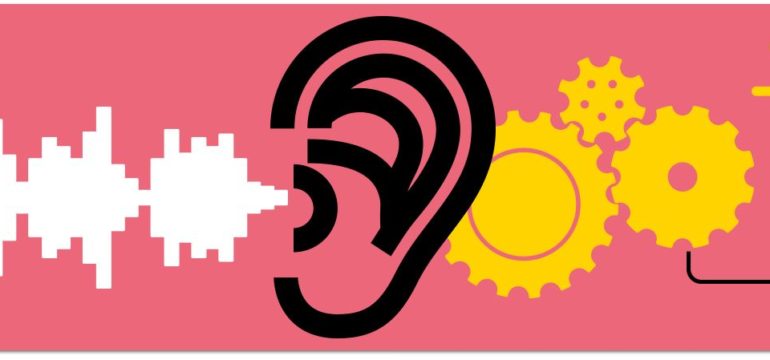 We sat down with Irene Pagana, a Product Development and Sourcing Manager at SK Food Group Inc., to get the scoop on how she goes about hiring entry level food scientists to her team and get the answers on the questions you asked. Irene had a really unique perspective on sussing out the right candidate to fit in at her team with a very “hands on” approach in the interview. Irene provided great insights and recommendations on navigating the interviewing process for graduates interested in a junior food scientist role.
We sat down with Irene Pagana, a Product Development and Sourcing Manager at SK Food Group Inc., to get the scoop on how she goes about hiring entry level food scientists to her team and get the answers on the questions you asked. Irene had a really unique perspective on sussing out the right candidate to fit in at her team with a very “hands on” approach in the interview. Irene provided great insights and recommendations on navigating the interviewing process for graduates interested in a junior food scientist role.
IFTSA Crew: Starting at the beginning of the process, is being well connected important when applying for a position? Would you suggest reaching out to people in the company? How do you pique the interest of the company that you’re right for them?
Irene: If you throw your CV into the void, it usually stays there. Make yourself well connected! There are plenty of resources online to allow you to connect to a company or relevant people within the company through IFT, Linkedin, RCA (Research Chefs Association), etc. depending on your field. Find the resources to help you be connected. Make yourself known to people in the company, this shows you know how to work with people and get things done.
IFTSA Crew: CVs/resumes flood in for entry level positions, what separates one from the rest?
Irene: First off, culinary experience is definitely a plus whether that be in school or restaurant experience. It shows the candidate in not only interested in the science side, but cooking as well. This obviously depends on the role.
Previous experience with another company is also important. The corporate world is a specific type of world, we want to see that a candidate knows how to navigate throughout it. Even a small bit of experience shows you can dip your toes into this corporate world.
IFTSA Crew: Jumping forward, if the lucky person makes it past the initial stages, tell us about the interviewing process.
Irene: I look for a candidate that is confident, being nervous in an interview can really work against you. I want to see that someone is comfortable in their skin so they won’t constantly try to prove themselves in the workplace.
I like to take the interview into the kitchen and have candidates cook. Our environment is very hands on, we spend a lot of time in the kitchen. I hand candidates a package of our product and observe as they prepare it. You’d be surprised how many do not even read the preparation instructions. I want to see that candidates are excited about cooking and interested in the product.
Try not to be nervous, be yourself, realize that you don’t have to have an answer for everything. It’s okay to say “I don’t have experience with this, but I have done this” and relate your experience back to the question. Turn questions around, when asked about flaws, explain areas that you have improved in. If asked if you are willing to relocate, be honest. If it’s a maybe, say yes but not preferable, or only contingent with a certain salary.

IFTSA Crew: How do you answer your expected salary? This is always a tricky question to answer on applications!
Irene: Unfortunately, for a entry level position you are at the mercy of the company. You can do research on expected salaries for your specific position and area of interest, IFT publishes salary levels that members are able to view. You can also work a clause into your contract that asks for a three or six month evaluation of your salary.
Irene Pagana has her Masters in Food Science from University of Arkansas and a Culinary degree for Seattle Culinary Academy. She found her position through Lab Support, a job hunting website. She now manages individuals, as well as managing projects, and formulating in the lab.






Leave a Reply